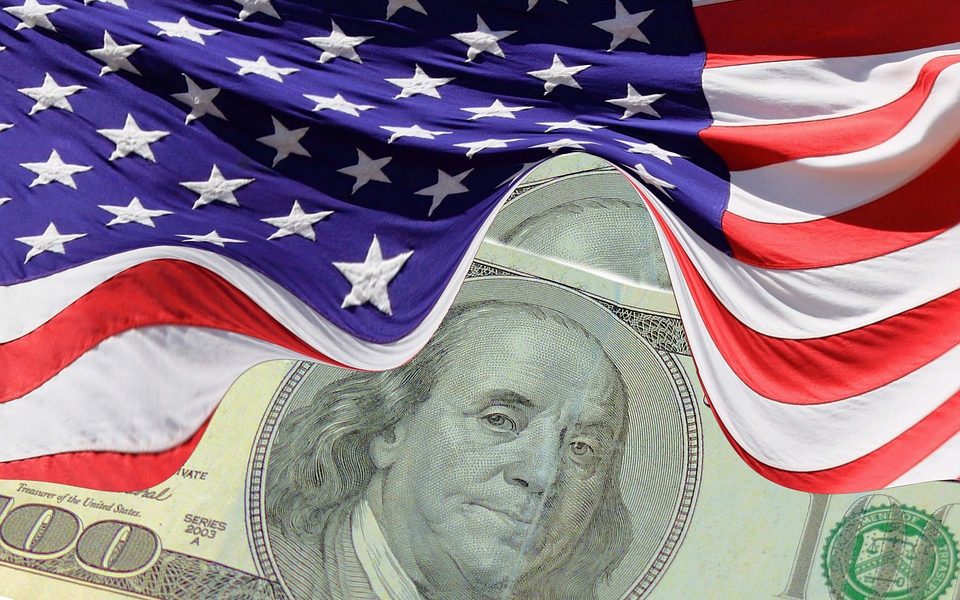The Wall Street Journal’s Kristin Broughton recently reported on the ongoing U.S. legislative saga that seeks to impose the compulsory disclosure of Ultimate Beneficial Ownership (UBO) information, relating to the use of privately-held companies and most LLCs, to a “controlled-access” registry to be maintained by the Financial Crimes Enforcement Network (FINCEN).
There has been a worldwide clamour for countries to implement public registers of UBO information. I do have some reservations over the wisdom of this policy proposal, justified as a sensible way to ferret out corruption, fraud and unworthy activities.
In the first instance, there is mention of additional costs to the small companies concerned, those that have fewer than 20 employees and no physical office space, to provide the identities of those who effectively own them. Putting aside the various proposed compliance rules (such as businesses having 90 days to report ownership changes and a year to report changes to personal information) my observations are focused elsewhere.
The notion of registers containing UBO information, which lawyers or law enforcement armed with a subpoena can access in order to acquire information regarding a suspect, is an attractive one. Being able to ask who the UBO is of a dubious company and being supplied with a name, address and date of birth would be extraordinary.
However, the onus to supply the information required appears to have been placed onto those connected to the company. In addition, there is no proposal – as yet – to ensure the supplied information is verified. I will return to this issue shortly.
This is not the first time I have commented upon the passage of these new bills. One of the observations I made was that I would not be surprised if President Trump vetoed the law (once enacted) on the basis of the current proposals. Apparently, my reticence is shared by Anne Zimmerman, a Cincinnati accountant who represents small businesses and was quoted in the Wall Street Journal piece.
“It’s only the small businesses that are going to get hit with it,” she said. The new law is unlikely to put commercial enterprises out of business, but a cost is a cost and this will not be popular.
Ms. Zimmerman, like me, is surprised that the Trump administration appears to be in favor of the changes, especially as the President and many business people on both sides of the aisle have shell companies. I will believe the passing of the bills into law when I see it.
As proposed, the new central UBO register will be private. It will be maintained by FINCEN and used by law enforcement. From my perspective, public registers are intrusive and impact on the individual and corporate right to privacy. The Wall Street Journal article draws attention to the fact that some of the biggest advocates for such registers are corporate transparency advocates and human rights NGOs. What the Wall Street Journal doesn’t comment upon is that such NGOs are almost all, if not entirely, in favor of the registers being open to the public.
If we are to embark on the road to UBO registers, and the Cayman Islands has recently declared its intention to move to a public UBO register (although this appears to be subject to everybody else doing it first), then they should not be public. There is no need for public registers, as long as they are available to the competent authorities. An individual with a political axe to grind should not be able to log into registers containing the personal information of those seeking to conduct business. Moreover, the more ‘public’ a UBO register, the less useful the UBO data. Look at the rubbish being filed in the UK’s Companies House UBO register for proof.
The registers will be effectively useless to law enforcement and tax agencies unless each of the submissions made are verified. Why? Because crooks tell lies, and unless we check on them each step of the way, we will have registers of UBOs that contain the details of those men of straw put into place to cover the identity of the real UBO.
We will end up with nice registers, full of genuine and honest declarations made by the good people who follow the rules and regulations; the rest will be the same garbage that is currently generated by criminals who simply “bystep” (a rugby term) all laws, even ones as well intentioned as this. The result: the honest will pay a cost for no value in exchange, and the dishonest will not be bothered in the least. They will carry on with a dance and a twist by filling their UBO disclosure forms with comedic nonsense.
Daniel Turner, owner and president of TCG Inc., a federal technology contractor in Washington, summed up the situation when he voiced his cynicism to the Wall Street Journal, saying: “There’s an old term: ‘Life finds a way.’ And criminality also finds a way.”
Transparency advocates will ask, “What are we supposed to do, ignore the problem?” The answer is no: the registers are a good idea, as long as they are not made public and as long as the UBO data is verified.
However, we all need to recognize the futility of a process that is rendered meaningless unless it is backed up by significant investment in resources with law enforcement-type investigative capabilities.
How will 30 million UBO submissions per annum be checked and verified? That’s a simple question – but what is the answer? At present, “not” is the answer (to borrow from the orange monster). In fact, the UBO disclosure proposals before Congress do not as much as attempt to tackle this core issue.
With thanks to Tony McClements, Senior Investigator at Martin Kenney & Co, for his assistance with this post. He served for 33 years with UK police forces and has specialized in Fraud & Financial Investigation since 1998. He is also a lecturer in these subjects at the University of Central Lancashire (UCLAN).


